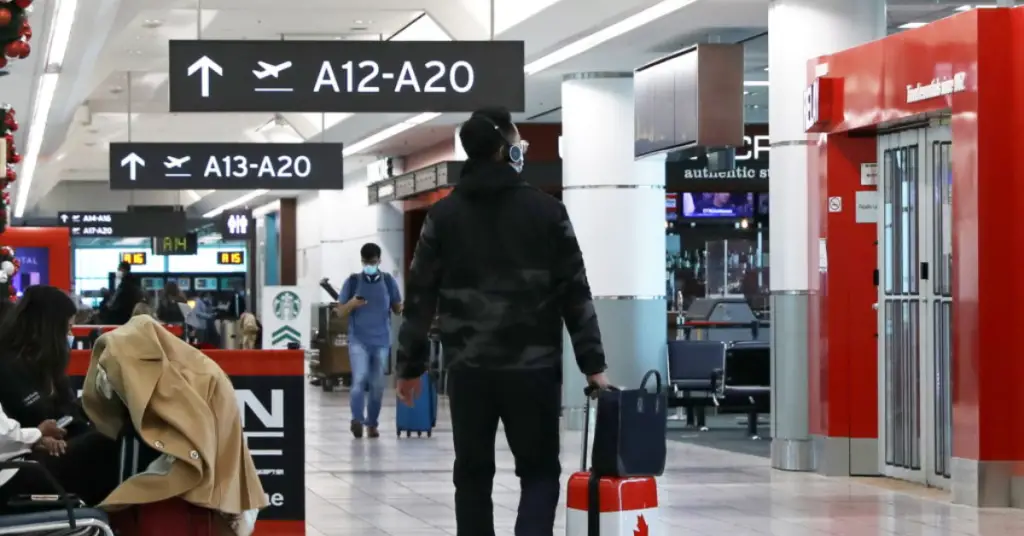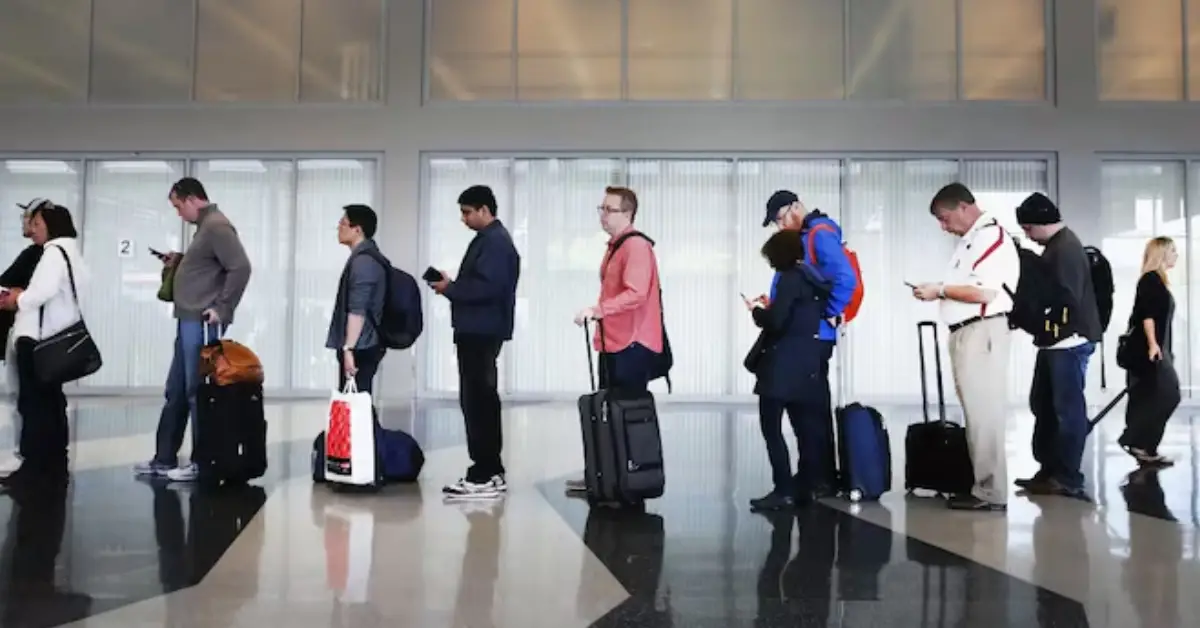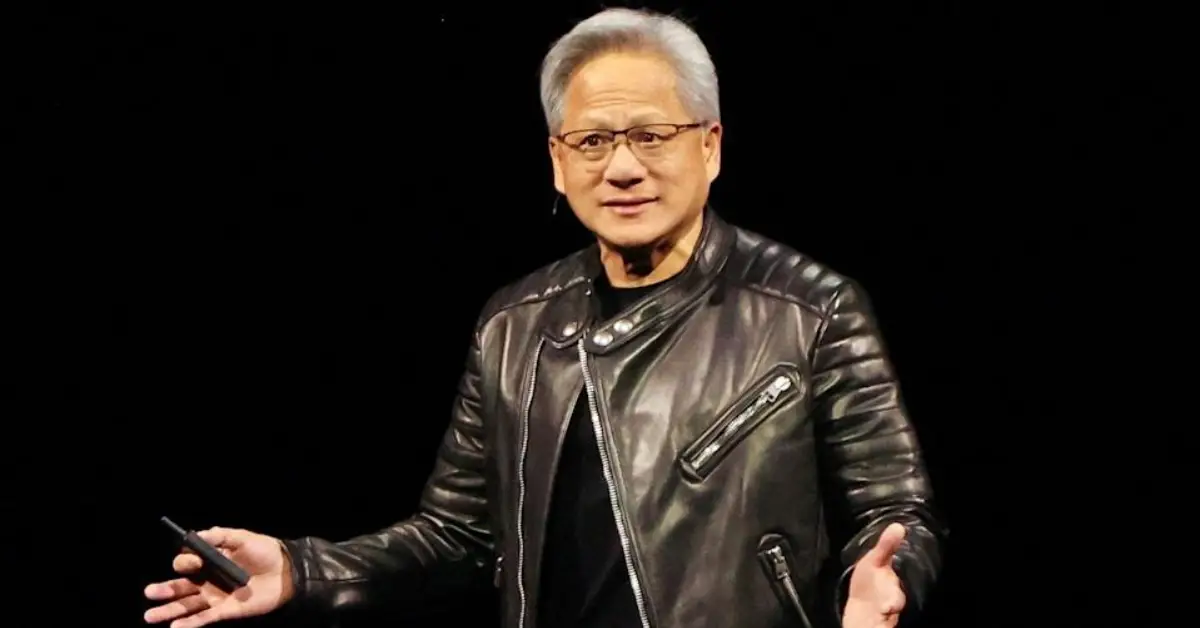Diana and Rick Bellamy, a couple from Calgary, had big plans for a vacation this year. Initially, they thought about taking a Caribbean cruise from Houston and later visiting Laurel, Mississippi, to explore the home of one of their favourite HGTV shows, “Home Town.”
However, they quickly changed their minds and chose to vacation along Mexico’s Pacific coast instead. Their decision was influenced by U.S. President Donald Trump’s ongoing trade war with Canada, his repeated insults against their country, and unsettling stories about American border agents searching travellers’ phones and detaining foreigners for minor reasons.
Diana Bellamy admitted that she never imagined she would feel more at ease vacationing in Mexico than in the U.S. “I never thought I would hear myself say that,” she said.
Trump’s harsh comments about Canada’s economy and his threats to make it the 51st state have caused frustration among Canadians. As a result, many Canadians are cancelling their trips to the United States in large numbers. This shift in sentiment appears to have had an impact on Canada’s parliamentary elections as well, with Prime Minister Justin Trudeau’s Liberal Party gaining significant momentum after trailing behind in the polls for several months.
Tourism Decline
The U.S. is a top destination for Canadian travellers. According to the U.S. Travel Association, a trade group in the travel industry, Canada consistently sends more visitors to the U.S. than any other country. Last year, 20.4 million visits from Canada generated $20.5 billion in spending.
However, since Trump assumed office, there has been a noticeable drop in the number of tourists visiting the U.S. Canadians are no exception to this trend. U.S. Customs and Border Protection data shows that there were more than 910,000 fewer land border crossings from Canada into the U.S. last month compared to March 2024—a drop of over 22 per cent. Moreover, Air Canada has reported a 10 per cent decline in flight bookings for the period between April and September.
Despite this, Trump downplayed the impact on U.S. tourism, stating, “There’s a little nationalism there I guess, perhaps. It’s not a big deal.”
Travellers’ Concerns
Since Trump began his second term, there have been several high-profile cases of tourists being stopped at U.S. border crossings and detained for extended periods in immigration facilities before being allowed to return home at their own expense.
One such case occurred on March 3, when Canadian Jasmine Mooney, an actor and entrepreneur on a U.S. work visa, was detained by U.S. border agents in San Diego. Mooney was eventually released after spending 12 days in detention.
Before Mooney’s release, British Columbia Premier David Eby voiced his concern, stating, “It certainly reinforces anxiety that … many Canadians have about our relationship with the U.S. right now, and the unpredictability of this administration and its actions.”

The Canadian Association of University Teachers, which represents faculty and staff at Canadian universities, has issued a warning to its members about nonessential travel to the U.S. due to the political climate under the Trump administration and reports of Canadians facing difficulties at the border. The group specifically advised academics who have expressed negative views about the Trump administration to be especially cautious about travelling to the U.S.
Former Quebec Premier Jean Charest, who has family in Florida, expressed frustration, saying, “People are scared to cross the border. I don’t know what Americans are thinking, quite frankly. Are they that oblivious?”
Mike Sauer, a community policing centre operator in Vancouver, explained that he and his partner have no interest in travelling to the U.S. due to Trump’s politics and the uncertainty at the border. One of Sauer’s concerns is that if a border guard were to check his cellphone, they might see past purchases of marijuana.
While marijuana is legal in Canada and some U.S. states, it remains illegal under U.S. federal law. The States have a different view on drugs. They could certainly look at my phone and see I’m 420-friendly,” Sauer explained. “It depends on which border guard would have a problem with that and which ones wouldn’t.”
Dietra Wilson, 32, noted that when she was younger, she often visited Detroit, just across the border from Windsor, Ontario, where she and her husband own a secondhand shop. However, she hasn’t visited much in recent years and is concerned about the growing fears surrounding border crossings under the current administration. “It’s worrisome,” she said.
Her husband, Ben Wilson, 37, shares similar concerns. “Why would I want to?” he said. “Regardless of the tariffs, if I’m going to be stopped at the border for my phone or something somebody texted me, why go?”
Impact on the Travel Industry
The decline in Canadian tourism to the U.S. has left many in the travel industry worried. California Governor Gavin Newsom, who is frequently at odds with Trump, recently announced an ad campaign to attract Canadians back to his state, citing a 12 per cent year-on-year decline in February.
McKenzie McMillan, a consultant with a Vancouver-based travel agency, The Travel Group, said bookings to the U.S. have dried up. “We have seen a near-total collapse of U.S. business,” McMillan said, estimating a 90 per cent drop since February.
Lesley Keyter, CEO of the Travel Lady agency in Calgary, reported that many clients are canceling their U.S. trips, even forfeiting money to do so. “Even if they’re going on a Caribbean cruise, they don’t want to go down to Fort Lauderdale to get on the cruise ship,” she said.
Conclusion
Canadians are increasingly turning their backs on U.S. tourism due to Trump’s political rhetoric, the unpredictability of U.S. border policies, and fears over personal safety and privacy when crossing the border. As tensions continue to rise, both travellers and the travel industry are feeling the impact of this decline in tourism.
Disclaimer: This article has been meticulously fact-checked by our team to ensure accuracy and uphold transparency. We strive to deliver trustworthy and dependable content to our readers.




